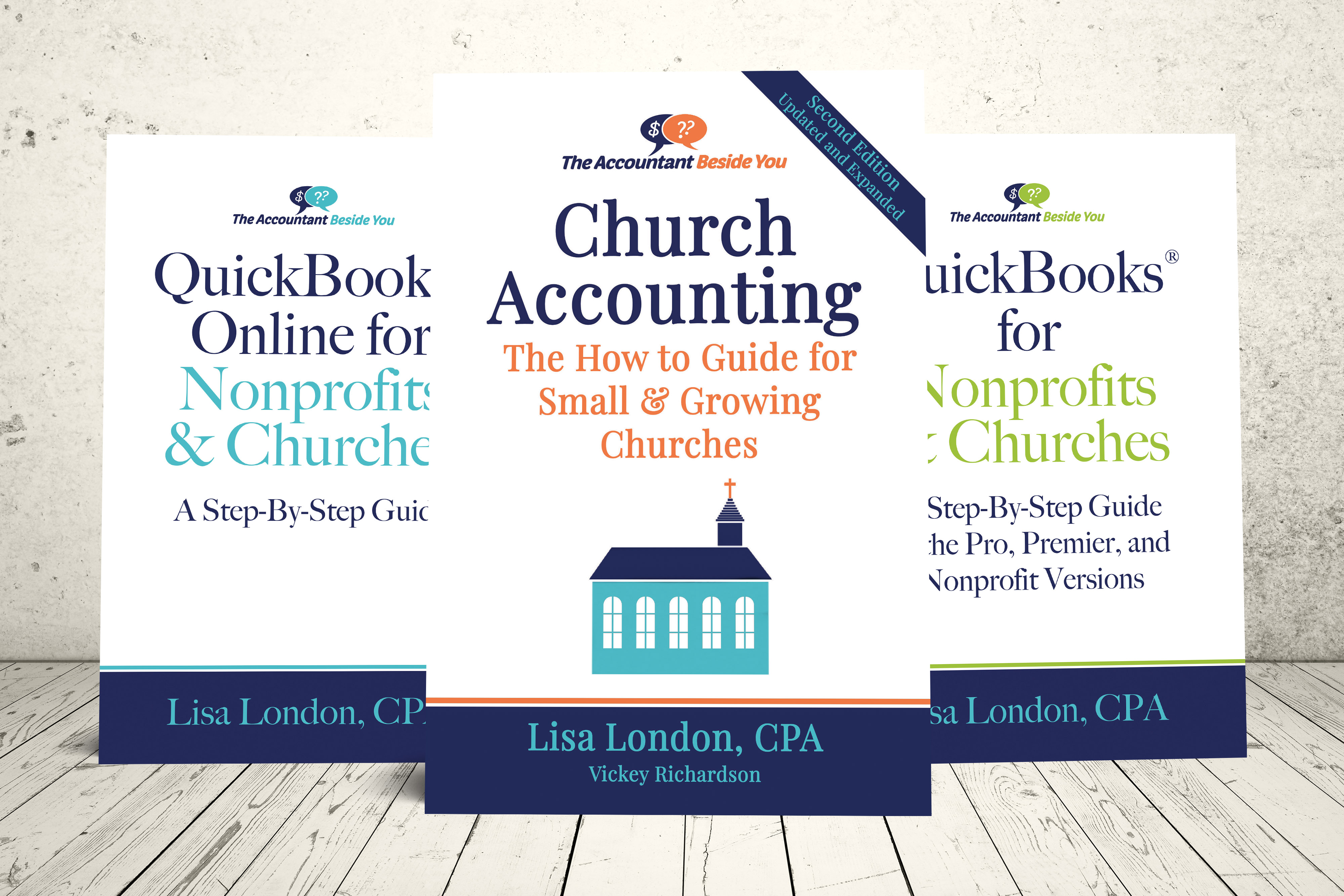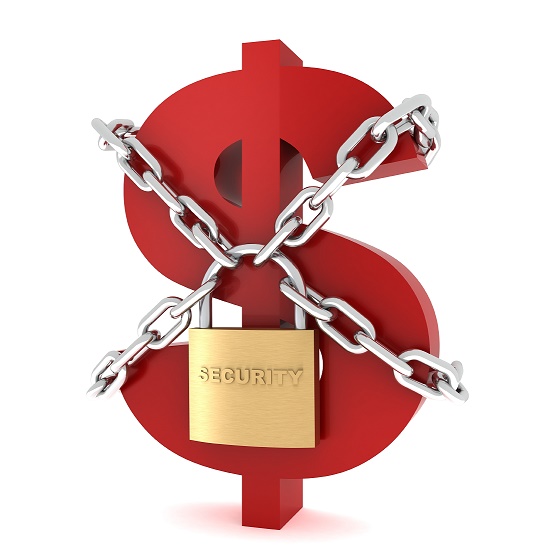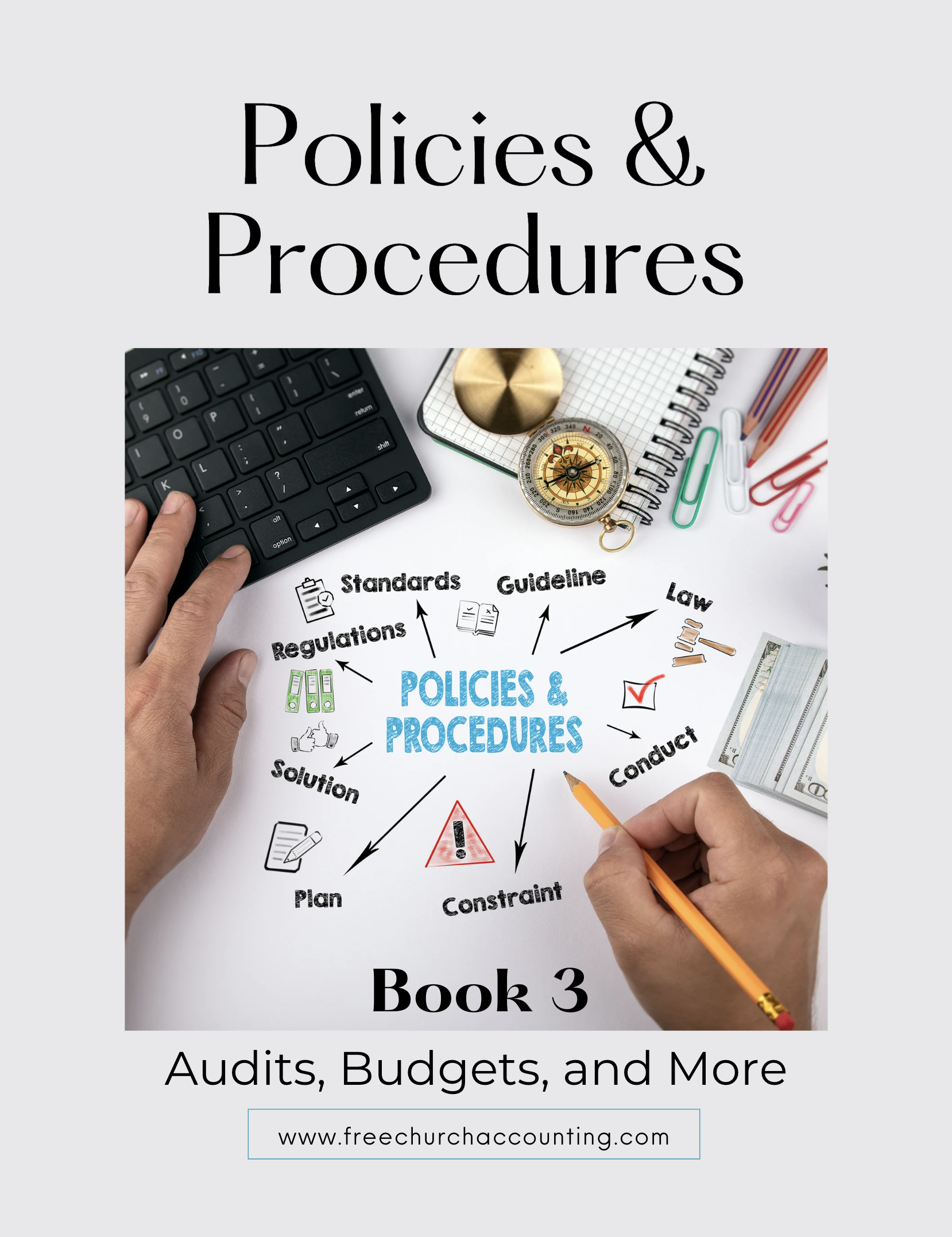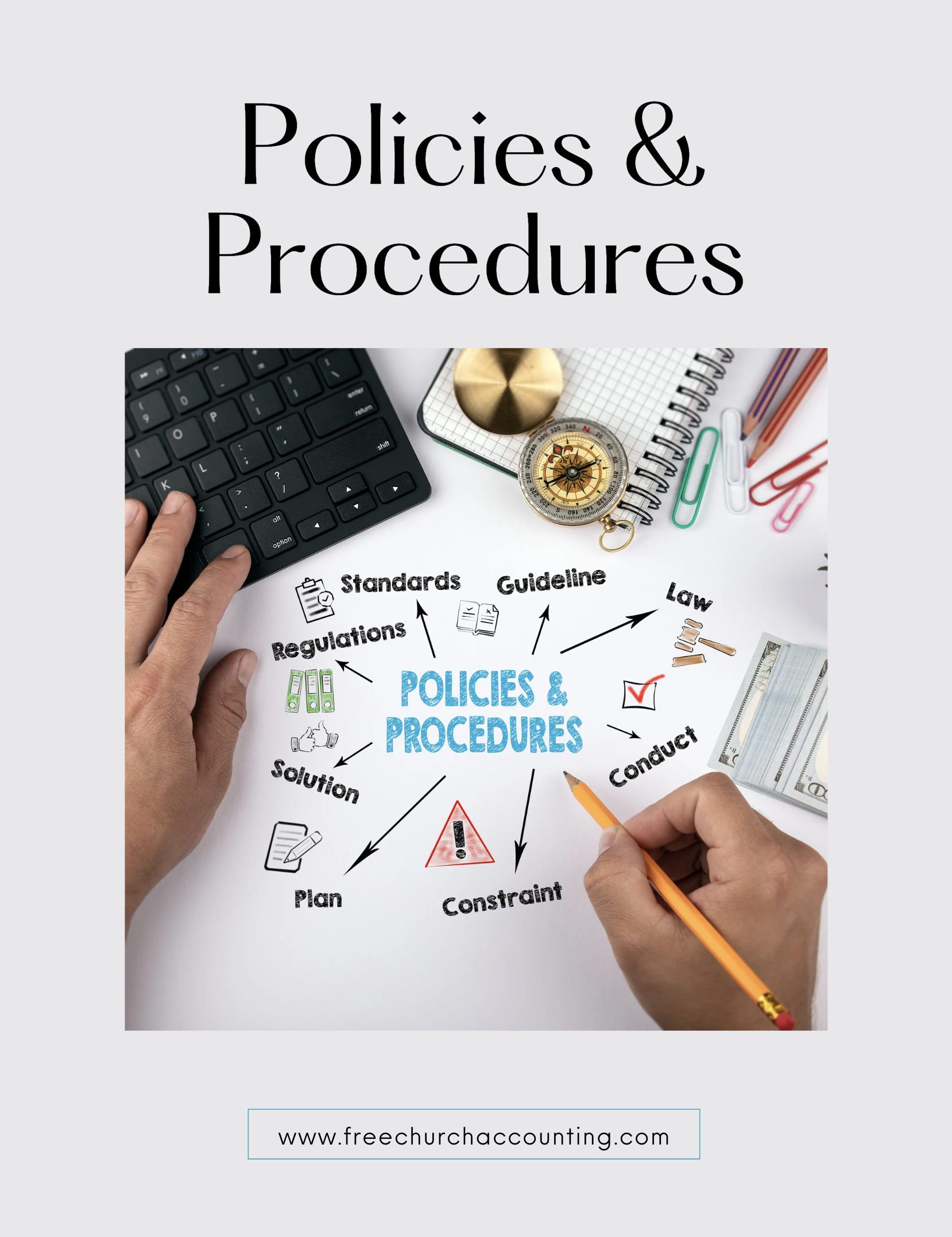Guarding Against Church Embezzlement
Accounting for Credit, Debit, and Gift Cards
Sadly, church embezzlement is a real issue ... even for small churches. Which is why it is so important to set up and establish good internal controls... especially for credit, debit, and gift cards! See tips for setting up card usage policies and accounting for those cards below...

Coupon!
Here is a 10% discount code for all the ebooks, spreadsheets, and packages on this site:
FCA
Note: click on "PACKAGES" in the top navigation bar for a list of all of the ebook and spreadsheet packages on this site!
Church Embezzlement Cases
One such church embezzlement case that happened in my home state (Oklahoma), was a pastor that was accused of defrauding approximately $933,000 from his church and community development center.
He was accused of fraudulently transferring funds from the community center bank accounts to church bank accounts and then transferring those funds into his own personal bank accounts.
He was also accused of making large cash withdrawals from the church bank account that he used for his personal expenses which included a mink coat, a Rolex watch, hotels, restaurants, casinos, liquor, and automobiles.
Another high profile church embezzlement case involved the priest of a Canadian church charging over $200,000 in personal expenses with the church's credit card. Those expenses included trips to Las Vegas, massages, clothing, etc.
The Policies and Procedures Package includes an ebook on audits. Why they are important, alternatives, required documents, internal audit qualifications and much more! It also has a internal audit checklist.
This ebook is included in the Policies and Procedures Package. However, you can purchase it by itself for only $7.95 by clicking the ADD TO CART button below!
The Audits, Budgets, and More ebook is also part of a larger "Policies and Procedures" Package" that is packed full of valuable information and for a limited time you can purchase all 5 ebooks and 8 policy templates for only $32.80
Church Embezzlement Prevention
My first thought with both of these cases was where was the person reconciling the bank and credit card statements???
One of the best internal controls to guard against church embezzlement that a church can put in place is separation of duties AND reconciling accounts!
Many times when a church first starts up, a pastor or a brave volunteer may have to wear all the hats, but to avoid opportunities for church embezzlement or even the "appearance of evil"... set up some internal controls right off the bat.
Set up one person to be the treasurer or the bookkeeper, but not both. Note: if someone has access to the money, he should not have access to the financial records! If possible, the person entering your accounting data should not be the person writing checks ... and you should have another individual (not related to the others) reconciling bank/credit card statements.
The individual who reconciles credit card, gift card, and bank statements should NOT have access to the bank account, credit cards, or gift cards. They should not be the same person who does the data entry as well!

Credit, Debit, and Gift Card Procedures and Controls
"Fraud, theft, and mistakes are as much of a concern with the money going out as they are with the money coming in as you have seen in living color in the church embezzlement cases described above. Procedures and controls need to be in place as it relates to the money paid out.
If your church or nonprofit organization uses credit, debit, and/or gift cards, appropriate procedures need to be documented, so volunteers and employees understand how and when a card can be used". (excerpt from Church Accounting How-to Guide)
Every individual authorized to use a church credit, debit, and/or gift card should read those guidelines and then sign a statement acknowledging their agreement to adhere to the terms of that written debit/credit card policy.
The card policy should outline:
- Who can use the card
- How and when the card is to be used
- Monthly spending limit
- How often receipts should be turned in and to whom
See an example of a Credit and Debit Card Policy. You can also do a web search for company credit and debit card policies and find some good templates that you can customize for your particular organization.
Let me emphasize again here...that it doesn't matter how small your organization is...we should avoid making it easy for church embezzlement and at the very least...avoid the very appearance of evil. One of the best control to put into place is the policy that an individual using the credit/debit card and writing checks SHOULD NOT be the one reconciling the bank/credit card statements.
Church Accounting Package
A set of 2 ebook packages that covers the following topics...
- Fund accounting examples and explanations
- Difference between unrestricted and restricted funds
- Best methods for tracking restrictive funds
- Explanations and examples of financial statements for churches and nonprofits
- Minister compensation and taxes
- Payroll accounting and its complexities
- Much more - Click here for details
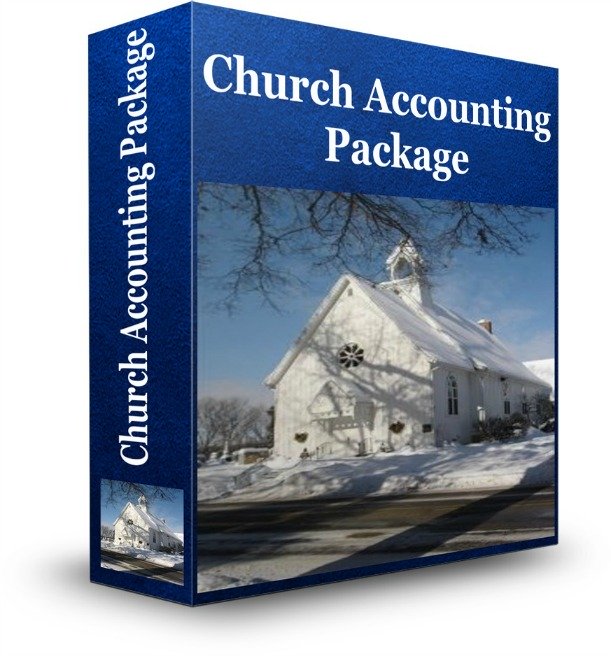
Examples of credit card procedures and controls:

1. Personal expenses should not be allowed to be charged to the church's card. Any personal charges that were inadvertently charged to the card should be repaid immediately.
2. Set limits!
3. Require receipts! Your credit card statements alone do not meet IRS requirements of record-keeping documents. Actual receipts should be provided to the appropriate person within 30 to 60 days of credit card charge. If they do not submit the receipt within your written policy stated time, the amount of the charge should be charged as taxable income to that individual. This is especially important if your church is using gift cards for volunteers and staff to purchase supplies for the church. As I outline in the next section, you have to treat those cards as "petty cash" and require receipts for EVERY purchase on them.
4. Use the church credit card for church business expenses such as fuel for church-owned vehicles, church-related online orders, or office supplies. Fuel charges for personal vehicles used in church business should be handled through an ARP (accountable reimbursement plan)....not the church credit card.
5. Use preventative and protective measures to prevent credit card fraud and theft such as not giving the church's credit card number out over the phone unless you know the company to be reputable, keep your eye on the card the whole time a transaction takes place, etc. Another preventative measure is NOT allowing any online purchases while on a public wifi. Always include in your policy that the church's credit card company should be notified immediately if fraud or theft occurs!
See more examples of credit, debit, and gift card internal controls and how to "account" for them in your accounting software in Book 2 Setting Up Internal Controls in the Policies and Procedures series.
